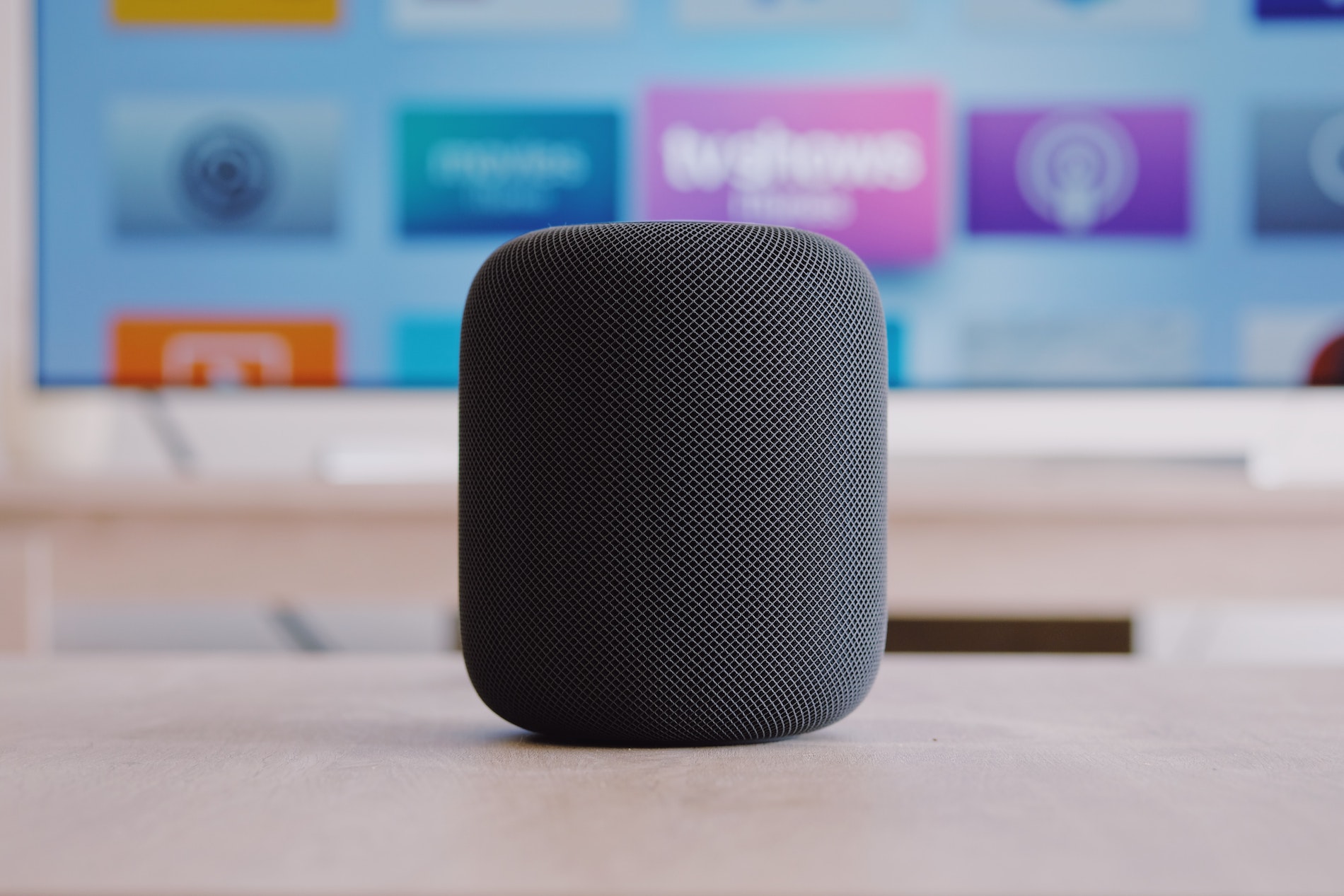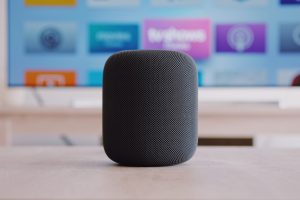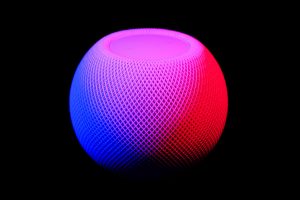What are Smart Speakers?
Smart speakers are voice-activated devices that have gained immense popularity in recent years. These devices are equipped with virtual assistants like Alexa, Siri, and Google Assistant that can respond to voice commands to perform various tasks, such as playing music, setting reminders, making calls, and controlling smart home devices. With the help of smart speakers, users can enjoy hands-free convenience and a futuristic lifestyle. However, the convenience comes at a cost.
Privacy Risks Associated with Smart Speakers
Smart speakers can pose significant privacy risks as they are always listening for their trigger words to activate. Although the devices only store recordings when they are activated, the fact that they are always on means that they can potentially record private conversations without the user’s knowledge or consent. These recordings can be vulnerable to data breaches, hacking, and misuse by unauthorized individuals or entities. Additionally, smart speakers may collect other data, such as user locations, search histories, and purchasing habits, which can be used for targeted advertising and other commercial purposes.
How to Protect Your Privacy
To protect your privacy while using smart speakers, you can take several measures:
- Understand the Privacy Policy: Before purchasing a smart speaker, read the privacy policy carefully to understand how your data will be collected, used, and stored. Ensure that the policy complies with the relevant privacy laws and regulations.
- Change the Default Settings: By default, smart speakers may have settings that enable data sharing and collection. Go through the settings and disable any features that you do not need or that could compromise your privacy.
- Limit Sensitive Information: Avoid sharing sensitive information, such as passwords, credit card details, and personal identification numbers, through smart speakers. Use other secure channels for such information.
- Delete Recordings Regularly: Most smart speakers allow you to delete your recordings manually. Make it a habit to review and delete your recordings regularly.
- Use a Firewall: Consider using a firewall to protect your smart speaker from unauthorized access and potential hacking attempts.
Conclusion
Smart speakers can bring convenience and entertainment to our lives, but they can also pose significant privacy risks. By understanding these risks and taking proactive measures to protect our privacy, we can enjoy the benefits of smart speakers without compromising our security.


































